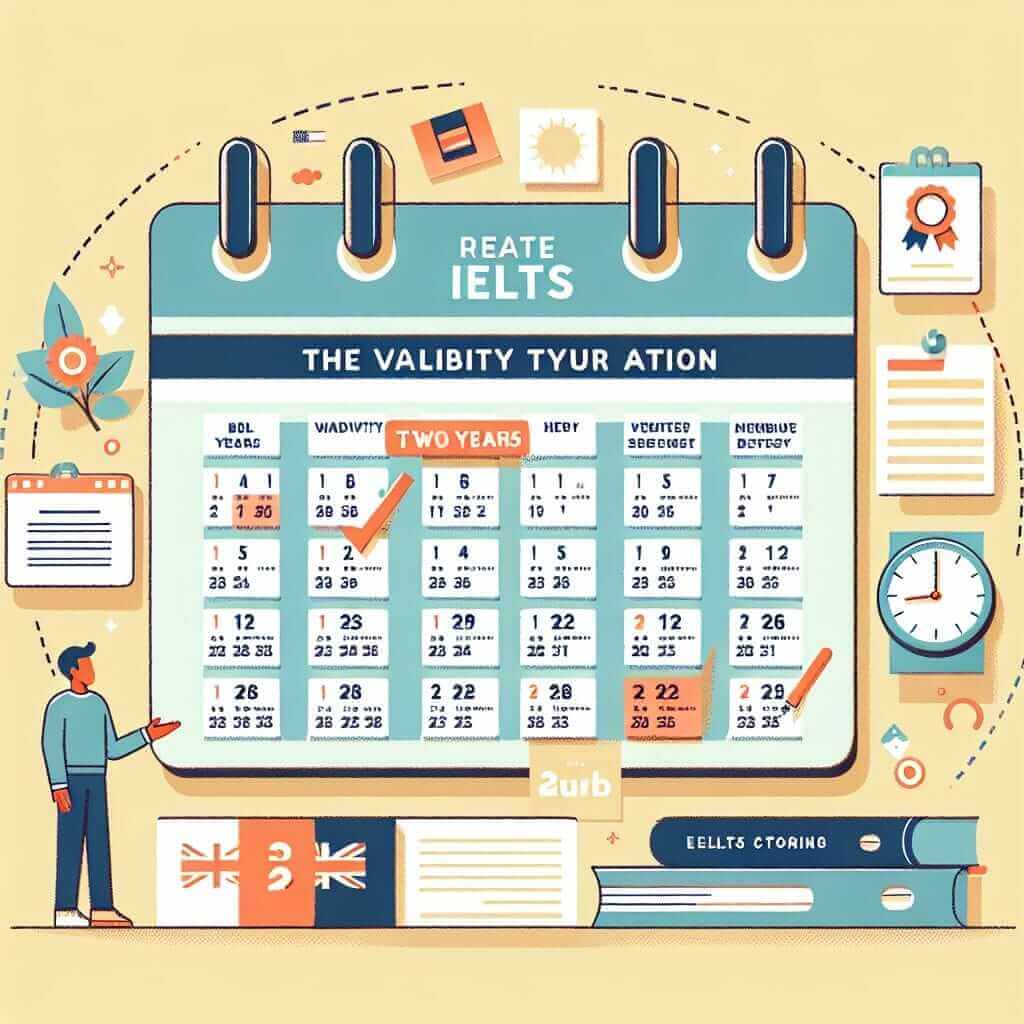As an IELTS instructor with over 20 years of experience, I often get asked, “How long does an IELTS score last?”. It’s a crucial question, as the answer can significantly impact your academic and professional journey. Let’s delve into the specifics and understand why this seemingly simple question holds significant weight.
The Validity of Your IELTS Score
The International English Language Testing System (IELTS) score is valid for two years from the test date. This two-year validity period is a standard set by the IELTS partners (British Council, IDP: IELTS Australia and Cambridge Assessment English) and applies globally.
Why Two Years?
The rationale behind the two-year validity is rooted in the understanding that language proficiency, like any skill, can fluctuate over time. Regular use and practice help maintain and enhance language abilities, while a lack thereof can lead to a decline. The two-year timeframe ensures that your IELTS score reflects your current English language proficiency.

Implications of the Two-Year Validity
Understanding the validity period is vital when planning your applications for:
1. Higher Education: Universities and colleges worldwide that require IELTS scores often have specific timelines for application submissions. Make sure your IELTS score remains valid throughout the application process and your chosen intake date.
2. Immigration: Countries using IELTS for visa applications often stipulate that scores must be valid at the time of application and sometimes even upon arrival. Check the specific immigration requirements of your target country.
3. Professional Registration: Some professional bodies and licensing organizations require an IELTS score as part of their certification process. Confirm the required score and validity period with the relevant body.
Planning Your IELTS Test Date: A Strategic Approach
Knowing the two-year validity, strategically timing your IELTS test is crucial. Here are some points to consider:
- Application Deadlines: Work backward from your application deadlines, factoring in sufficient time for potential score retakes and ensuring your score remains valid throughout the process.
- Time for Improvement: If you’re not satisfied with your initial score, the two-year validity allows time for further preparation and retaking the test.
Beyond the Two Years: Demonstrating Continued Proficiency
While your IELTS score officially expires after two years, it doesn’t negate your previous language skills. You can demonstrate continued proficiency by:
- Engaging in English-speaking environments: Participate in online communities, watch English films and TV shows, and read English books and articles.
- Continuing education: Enrolling in English language courses or workshops can help maintain and enhance your skills.
Conclusion: Your IELTS Journey
Remember, the IELTS is not merely an exam to pass; it’s a stepping stone on your path to achieving your goals. Understanding the validity of your IELTS score empowers you to plan effectively, approach the test strategically, and confidently showcase your English language abilities to the world. Good luck with your IELTS journey!